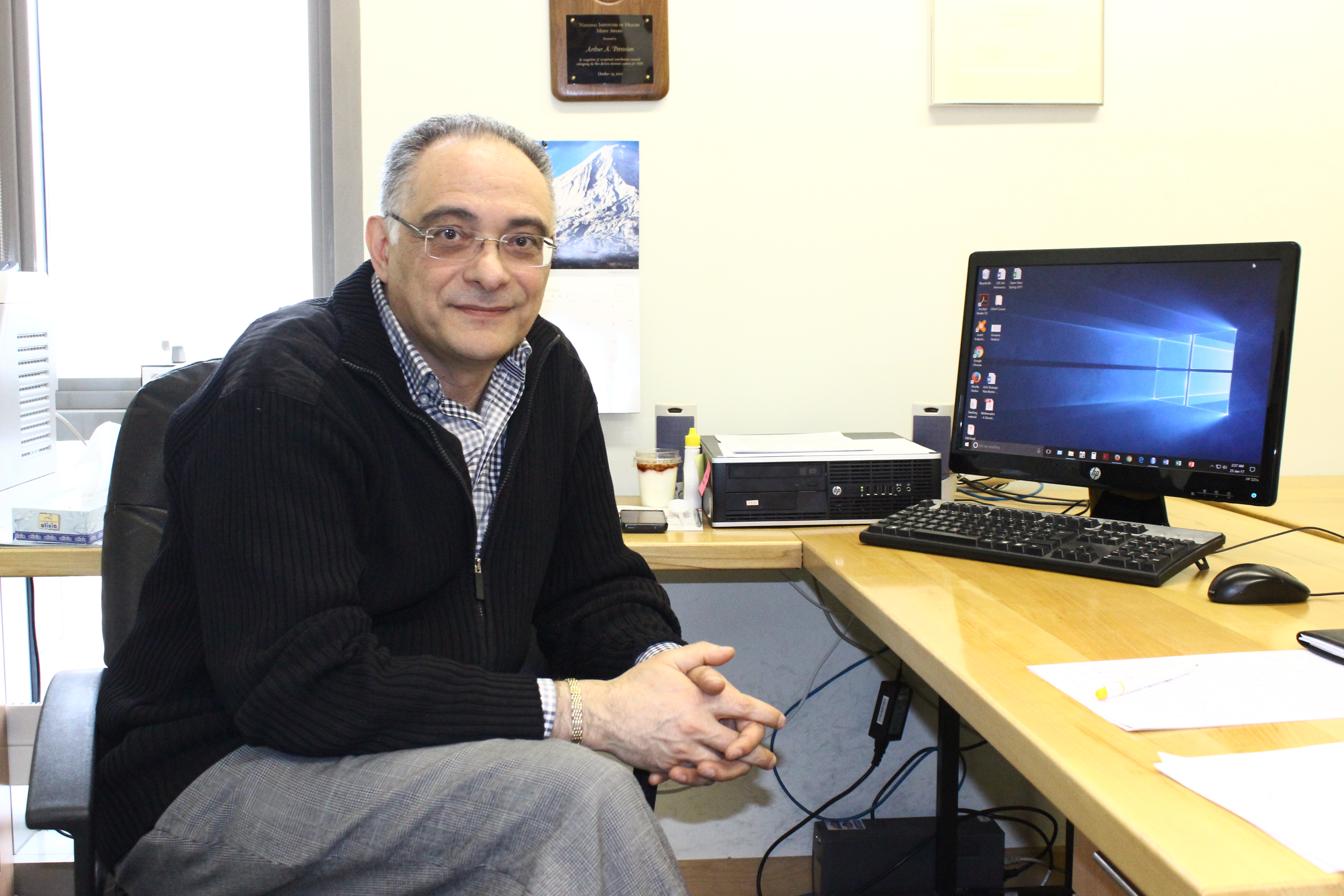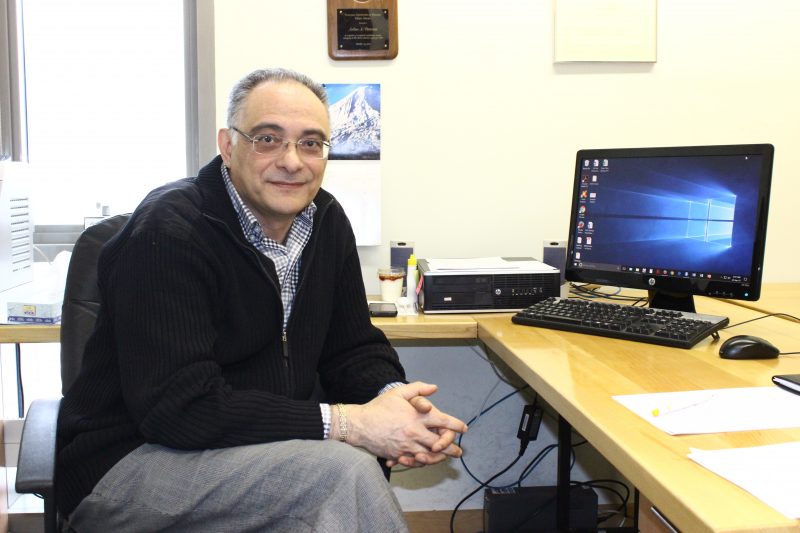
AUA Welcomes New Computer Science Department Chair (CS) Dr. Arthur Petrosian
3 min readThis Spring, the American University of Armenia (AUA) is proud to welcome Dr. Arthur Petrosian from Washington, DC as the Computer Science Department Chair and a professor of Data Science with R. To give AUA students and faculty an opportunity to get to know to Dr. Petrosian better, below we’ve featured a short interview:
– Dr. Petrosian, we are glad that you made the long trip from the U.S. to teach in Armenia, and happy to welcome such an experienced specialist. Tell us, how you started your scientific journey?
– I grew up in Armenia, actually, in a family of a mathematician and a doctor. We used to have a lot of scientists at our apartment on Komitas Street, and I got used to communicating and socializing with them. So I decided to follow my father’s steps and become a mathematician myself, eventually graduating from Moscow State University and returning to Armenia with the intention of completing PhD here, which I did. However, this was the late 80s, and political circumstances wouldn’t allow me to grow here as a scientist, so I had to temporarily leave the country together with my family to continue my career in Computer Science and Applied Mathematics abroad. I ended up in the United States and became a doctor of Mathematical Sciences at age 26.
– As a researcher and a professor at the highest positions and most renowned institution for many years, what brought you back to Armenia and AUA?
– Although there are many reasons for coming back, I think that the main one is the sense of being attached to my country and my dream of bringing my experience back to Armenia and sharing it with the youth living and studying here. I am really happy to have the opportunity for bringing my dreams to life at the best educational institution in Armenia. You know, life is unpredictable, you don’t know what’s going to happen next, and I do not regret what happened to me. If my father were alive, I think he would be proud of this move because he also dedicated his life to pursuing mathematics and computer science in Armenia.
– So, Dr. Petrosian, what does it feel like to teach Armenian students?
– I’d say that I’m pleasantly surprised by the level of knowledge and abilities of Armenian students as well as by their desire to gain more knowledge and participate in the scientific future of Armenia.
– Looking at things as a CS Department Chair, what do you expect to achieve in the long-run and the short-run?
– The big data revolution and open sources have become a challenge for our department as well. And as a Department Chair, I think we should focus on how we can educate specialists who will optimally manage all the databases they have at their disposal now, how to manage network security and in what case will this contribute to the better future of our country. AUA is not an island, in fact, we are a part of a scientific community called the Armenian Scientific Enterprise. Thus, in my opinion, we can reach the best possible results by communicating with other scientific organizations, exchanging experience and also specialists.
– Dr. Petrosian, it’s obvious that Armenia has undergone significant changes over the past 20 years while you were absent. How would you evaluate those changes?
– Some of the changes are good, some – not as good as I wish they were, but I remain optimistic. Actually, I have always been an optimist, even during the dark days and dark times Armenia had to go through. I’m more optimistic now than ever because I see many young and enthusiastic faces every day at AUA. I see a lot of drive for gaining knowledge and a lot of enthusiasm to accomplish something great.
– Looking at the picture from a wider angle, what academic and non-academic needs does Armenia have now? How can CSE contribute to those needs?
– The question goes to the bottom of the issues. We cannot tell exactly what kind of specialists will be needed in five or ten years. So we make a great effort to prepare as broad range of specialists as possible with wide and deep backgrounds so that our graduates can find good and meaningful jobs here instead of abroad. We should keep in mind that we are preparing specialists for today’s and tomorrow’s economy of Armenia. We’d like to see them contributing to the progress of intellectual potential of our homeland. In this sense, a lot of work has to be done to overcome the misunderstandings with Armenian government and the industry in general. I’d like to see wider cooperation between different industries for aiming our whole strength and attention at one and only target – contributing to the progress and development of our country.

